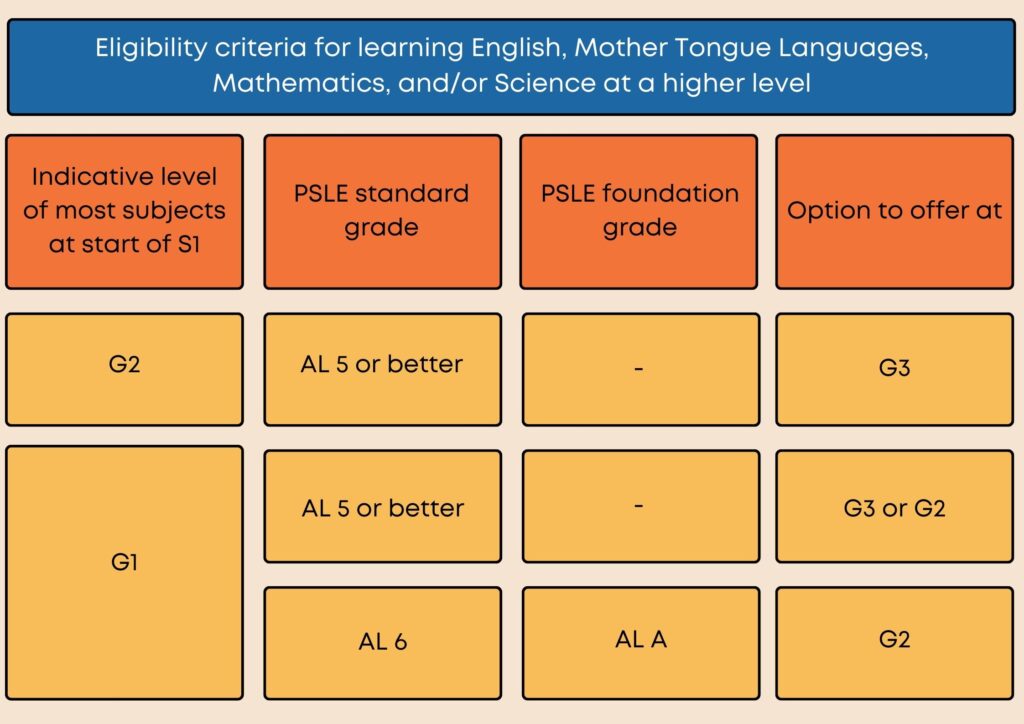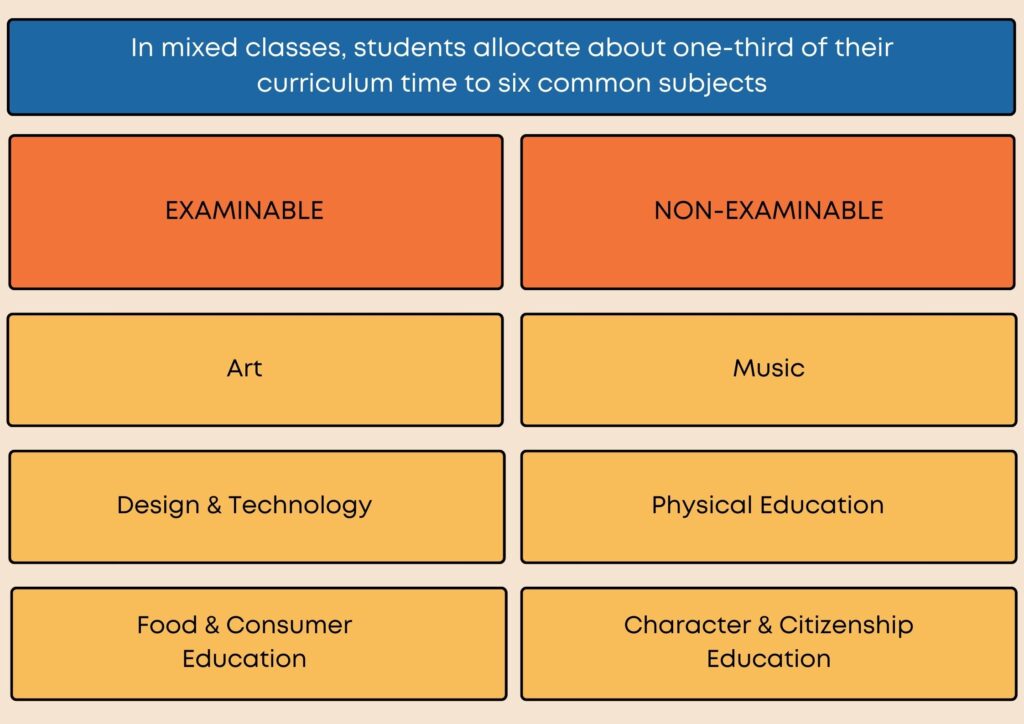"Results may not always meet expectations, but with a positive mindset and practical support, every setback can become a steppingstone to growth."

The exams are over, and the results are in. For many students, this is a moment of relief and reflection. However, if your child’s results weren’t what you expected, it’s understandable that you might feel concerned or even frustrated. Instead of focusing solely on the outcome, approach the situation with a positive mindset and practical steps to help your child move forward.
In this article, we’ve put together some helpful tips on how to support your child and guide them toward bouncing back stronger!
Rest & Rejuvenate After Exam Stress

Exams can be incredibly draining, not just physically but also mentally and emotionally. The intense pressure to perform well, combined with long hours of studying, can leave your child feeling exhausted and overwhelmed. When results don’t meet expectations, it’s easy to focus on what needs improvement. However, the first thing to prioritise is allowing your child to recover from the taxing exam period.
Your child’s brain, like any muscle used extensively, needs time to rest. Constant stimulation and stress can lead to burnout, making it harder for them to absorb new information later on. After all the hard work and effort they’ve put into preparing for their exams, it’s important to let them step back and relax. This rest period isn’t just a luxury; it’s a necessity for their well-being.
Talk to Them About Their Feelings

Once your child has had some time to rest and recover from the stress of exams, it’s important to have a conversation about how they felt the experience went. Rather than diving straight into details about scores or results, approach the subject in a gentle and understanding way.
Avoid asking direct or demanding questions that may make your child feel pressured or judged. Phrases like, “It didn’t go well, did it?” or “You feel bad about the results, right?” can come across as pushing them to answer a certain way. These types of questions might make your child feel anxious or defensive, especially if they are already feeling unsure about their performance.
Instead, start the conversation more generally by asking how they’re feeling.. This opens up a more natural way for them to express themselves. This approach allows your child to share their emotions without feeling like they have to give a specific answer about the outcome of the exams.
If your child expresses sadness or disappointment, offer them comfort and reassurance. Let them know that it’s okay to feel upset and that everyone experiences setbacks from time to time. Remind them that their worth isn’t defined by exam results and that you’re there to support them, no matter the outcome.
Review Papers

After receiving unsatisfactory end-of-year results, a helpful first step is to go through the exam papers with your child. Make this a collaborative experience by sitting down together and reviewing their answers alongside the marking scheme. This can highlight recurring errors or concepts they struggle with. It also creates a space where your child feels comfortable discussing difficulties, rather than becoming defensive. The goal is to turn this review process into a learning opportunity, not a source of stress.
Get Help: Holiday Classes

If you’re feeling overwhelmed by the idea of reviewing exam papers, especially when it comes to subjects like English and Literature, you’re not alone. These areas can be challenging to tackle without expert guidance, but that’s where Curio comes in to help your child get back on track.
Curio’s classes offer a perfect opportunity for your child to engage in learning that is both fun and meaningful. Our programs are designed to reignite students’ interest in English and Literature, transforming these subjects from daunting to exciting. These classes are especially beneficial for students preparing to enter Secondary 1, ensuring they have a solid foundation before the new school year.
Your child will be introduced to a variety of engaging topics, including Introduction to Poetry, Short Story Writing, All About Comprehension, and Introduction to Literature: Short Stories. These sessions are thoughtfully crafted to enhance understanding and appreciation of language and literature in a supportive and stimulating environment.
Our teachers bring exceptional expertise, holding a Post Graduate Diploma in Education from NIE (National Institute of Education), so your child will be learning from highly qualified educators.
To enrol or get more information, call or WhatsApp us at 88922948. Give your child the head start they need to thrive academically and enjoy the learning process.
Have Study Time Together with Your Kids

When your child’s end-of-year results don’t meet expectations, a constructive step is to sit down and study together. This shows support and helps you understand their academic challenges, especially with the pressure of competing against their peers for top marks.
Instead of pointing out mistakes, try to put yourself in your child’s shoes and consider the stress they faced during the exam. With national standards and competition among classmates, they may feel discouraged when their results don’t measure up.
Studying together also allows you to better understand the material they’re working on and the difficulties they face, enabling you to offer more targeted guidance. It creates a sense of accountability, making study time feel more collaborative and less like a solitary struggle.
This approach fosters a spirit of teamwork rather than blame. Your child is more likely to open up about their challenges if they feel supported, not criticised.































































































































